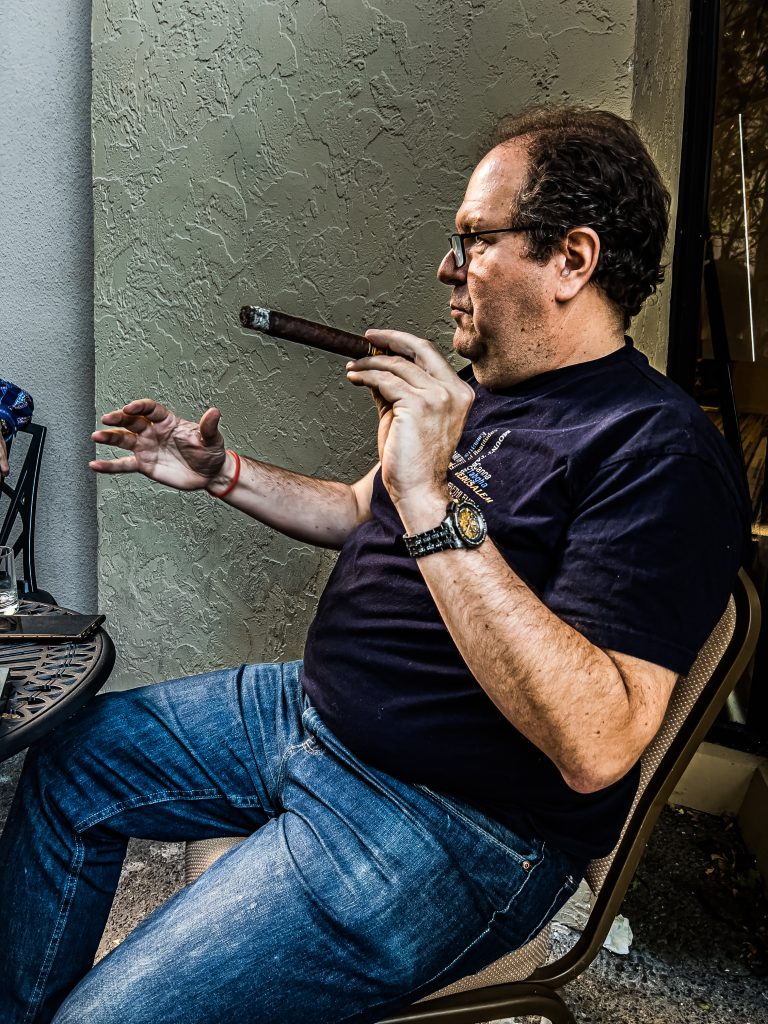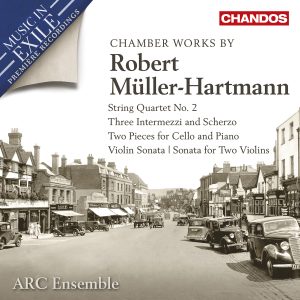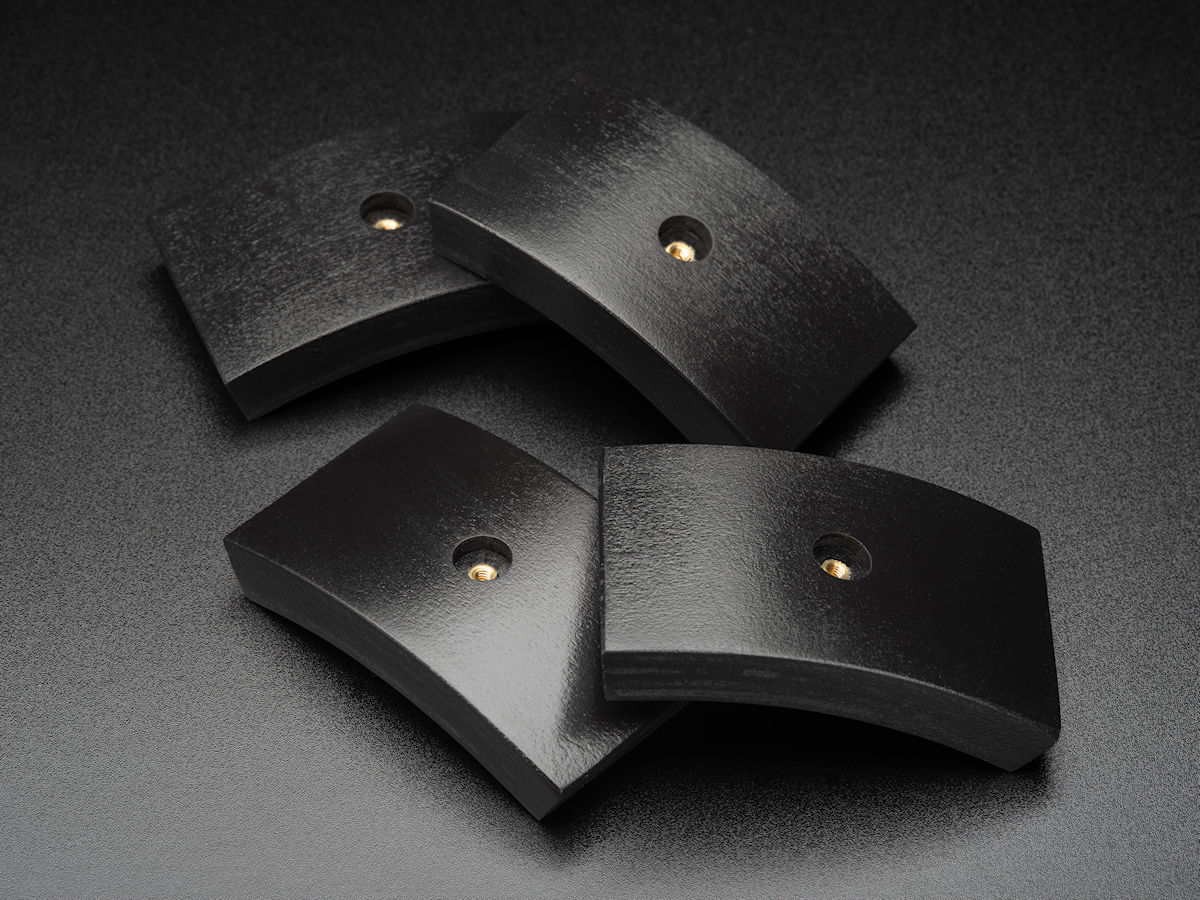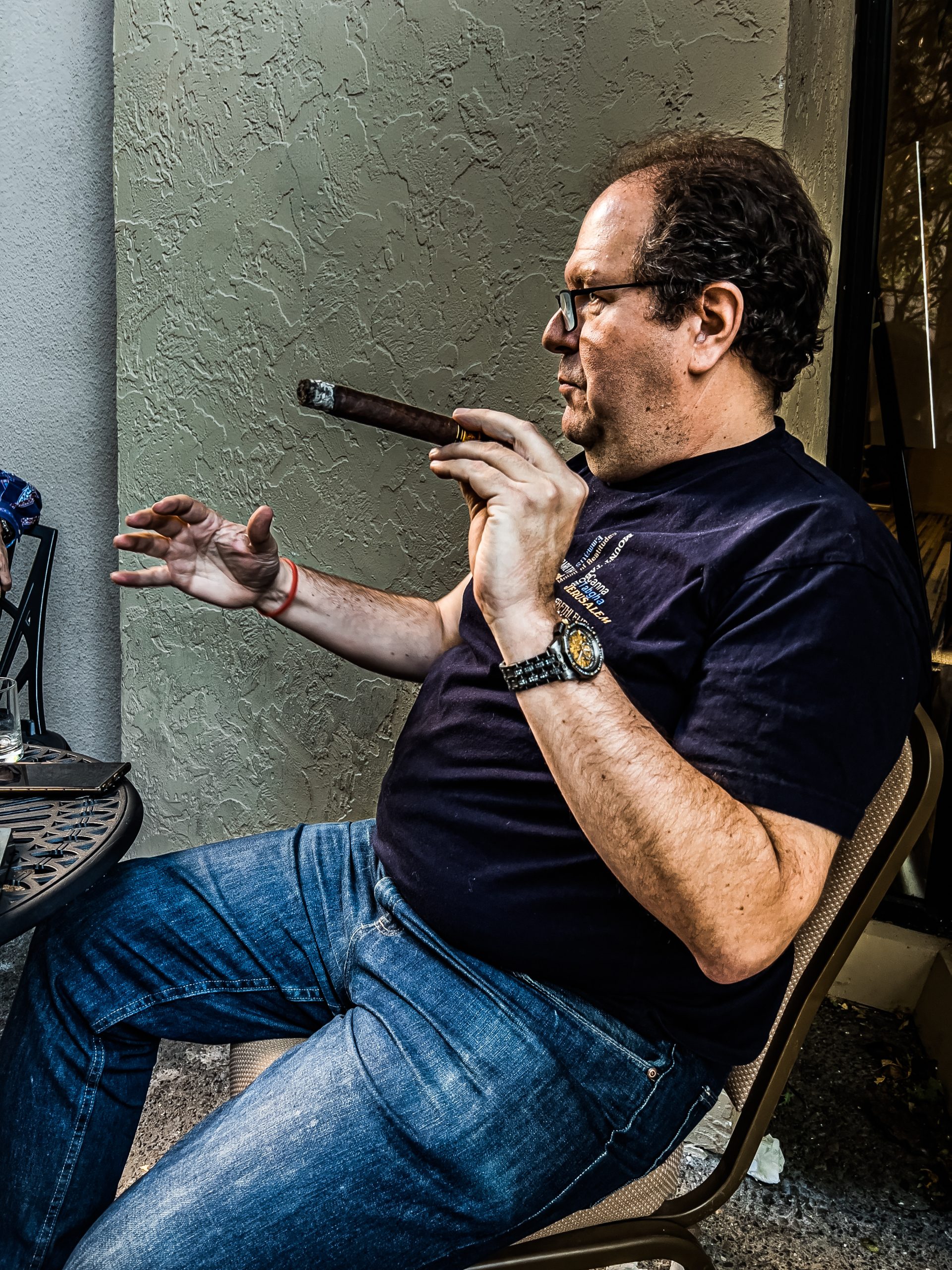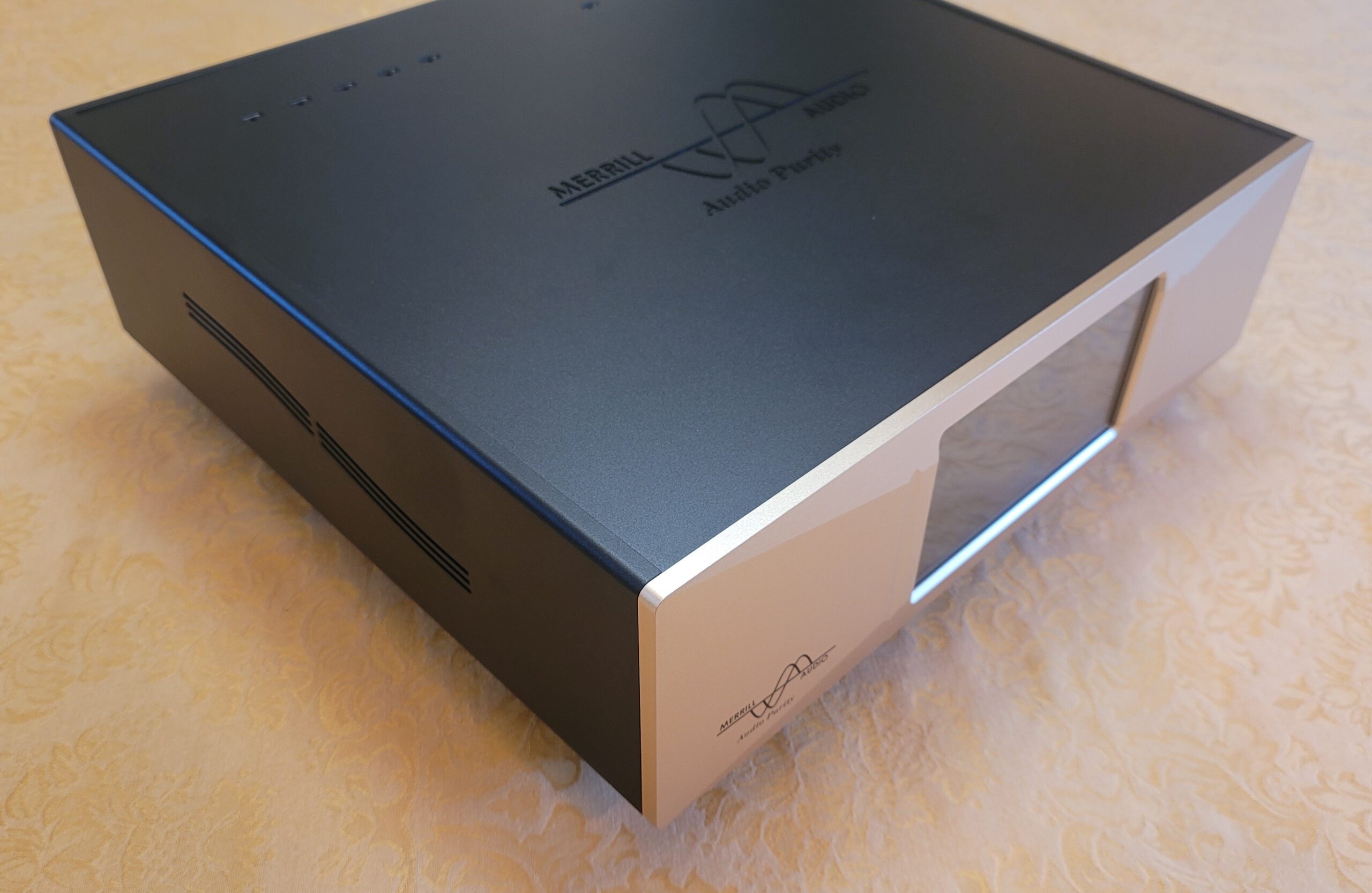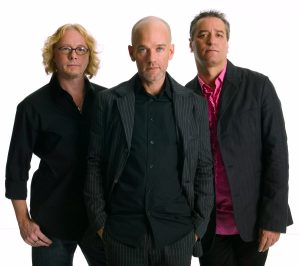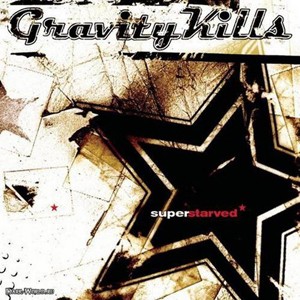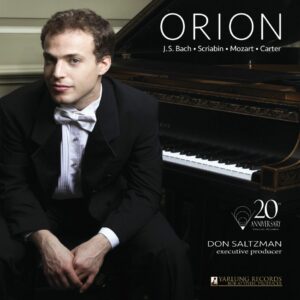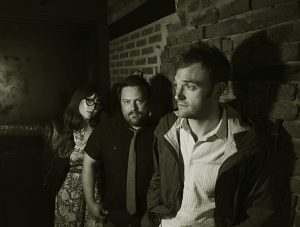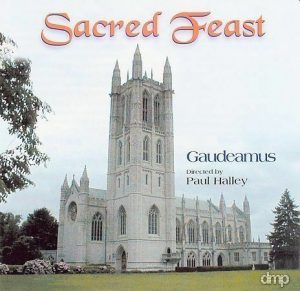A portrait of Dean Waters at Pacific Audio Fest 2023 (photograph and image processing by David W. Robinson)
In November of 2023 Chandos Records released their seventh album in their Music in Exile series. Each album in this series of recordings focuses on a different composer who was forced to flee their homeland to avoid political or racial persecution. The performing group of this recording series, ARC Ensemble (more formally known as The Artists of the Royal Conservatory of the Glenn Gould School of Music), located in Toronto, Canada has a stated goal to discover and bring to the public previously little- or unknown works by exiled composers. These were highly trained and gifted composers who were at the height of their successes before being forced into exile by anti-Semitism.
Robert Müller-Hartmann, 7th Album of the "Music in Exile" Series. CHANDOS 20294 HERE
This newest recording in the series features music by composer Robert Müller-Hartmann (1884 - 1950), a German-Jewish composer who fled his home of Hamburg, Germany in 1937. He spent the last 13 years of his life in England and died in Dorking, Surry in 1950. Before fleeing Germany, he taught music theory at the Krüss-Färber and Bernuth Conservatories, and composition at Hamburg University. His music was programmed by many conductors of the day including Otto Klemperer. In 1933 at the start of Germany's National Socialism and the introduction of Nazi race-laws, Müller-Hartmann resigned his position at Hamburg University knowing that he would be otherwise fired for being Jewish. From then until his leaving Germany, he taught at the Jewish Girls School, Israelitische Töchterschule.
Then in 1937 Robert and his wife left for England on visitors' visas as refugees. Being able to speak English, Robert was able to find work until England officially entered the war in September of 1939. He was now regarded as an enemy alien by the British government and was forbidden to work. The following year he was removed from his home and placed into an internment camp on the Isle of Man. Fellow composer Ralph Vaughan Williams, whom Robert had previously met while in England, spent considerable time and effort to have musicians reclassified as ‘essential workers' to secure their release from the internment camps. Robert was released in the fall of 1940 but it took another 3 years before he was allowed to work again. Although he was later able to find work, it paled in comparison to the life he once had in Hamburg before the war.
The works on this recording focus on Robert Müller-Hartmann's compositions from the time before he exiled to England. This is ARC Ensemble's 10th recording, the latter seven of which are part of this Music in Exile series on Chandos Records, dating from 2013 up until now. Three earlier recordings were part of a Music Reborn series featuring works by composers that had been killed during the Holocaust and were produced by RCA (Sony).
Works included on this album by Robert Müller-Hartmann include:
- Sonata for Violin and Piano, Op. 5 (c. 1923)
- Two Pieces for Cello and Piano (before 1937)
- Sonata for Two Violins (c. 1935)
- Three Intermezzi and Scherzo for Piano (before 1937)
- String Quartet No. 2, Op. 38 (before 1937)
It's hard to imagine just how much creative art (in all forms) was either lost to history or simply never produced due to the war. Over the last 20 years, ARC Ensemble led by their Artistic Director, Simon Wynberg, have pursued these important works, many of which had never been performed until now.
The recordings are superbly produced by excellent musicians that do a remarkable job of capturing both the beauty and significance of these works. This is a wonderful album and now I'm looking forward to going back and getting the other previously released recordings of this series to add to my collection!
If there are two items of criticism to be offered, it would be this: In the Sonata for Violin and Piano, Op. 5, the piano is too far back in the mix for my liking. I see this work as a duet where both the violin and piano should share "top billing." I feel that the way this is presented makes it more of a violin feature with piano accompaniment. Also, Thomas Wiebe (cello) presents a phenomenal and wonderful sense of artistry in the Two Pieces for Cello and Piano. The microphone is so close as to hear every breath taken by him. The sound staging for this piece puts the listener right next to the cello, rather than a few feet away from both the cello and piano. It certainly adds life and realism to the recording. It's also a bit distracting to my ears.
On first listening, it reminded me of Glenn Gould's CBS recordings of Bach's Goldberg Variations and of Bach's English Suites. Or as I like to call them, the "Sing along with Glenn" albums. Then again, the ARC Ensemble does hail from the Glenn Gould School of Music, so there's that I suppose…




